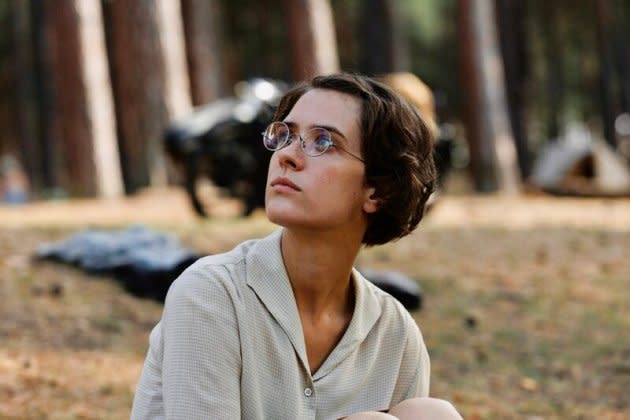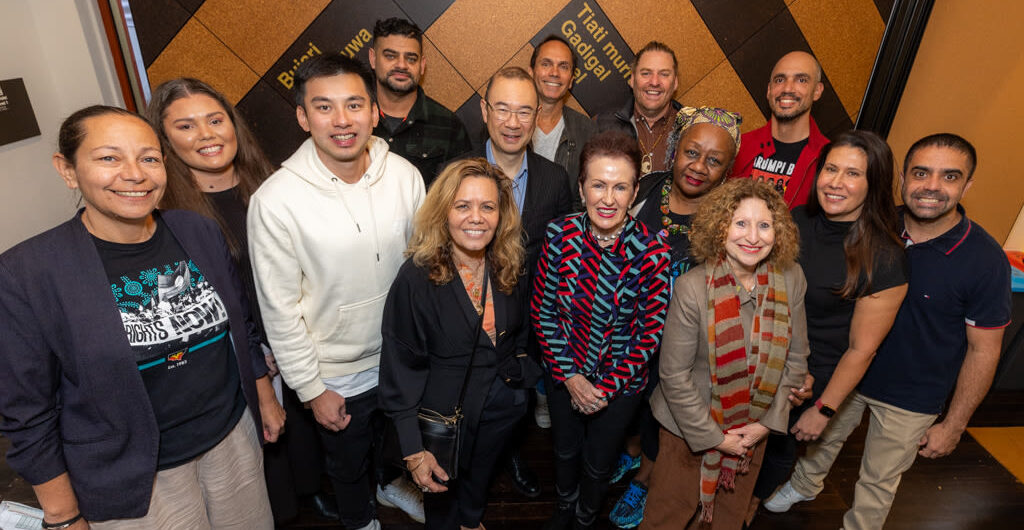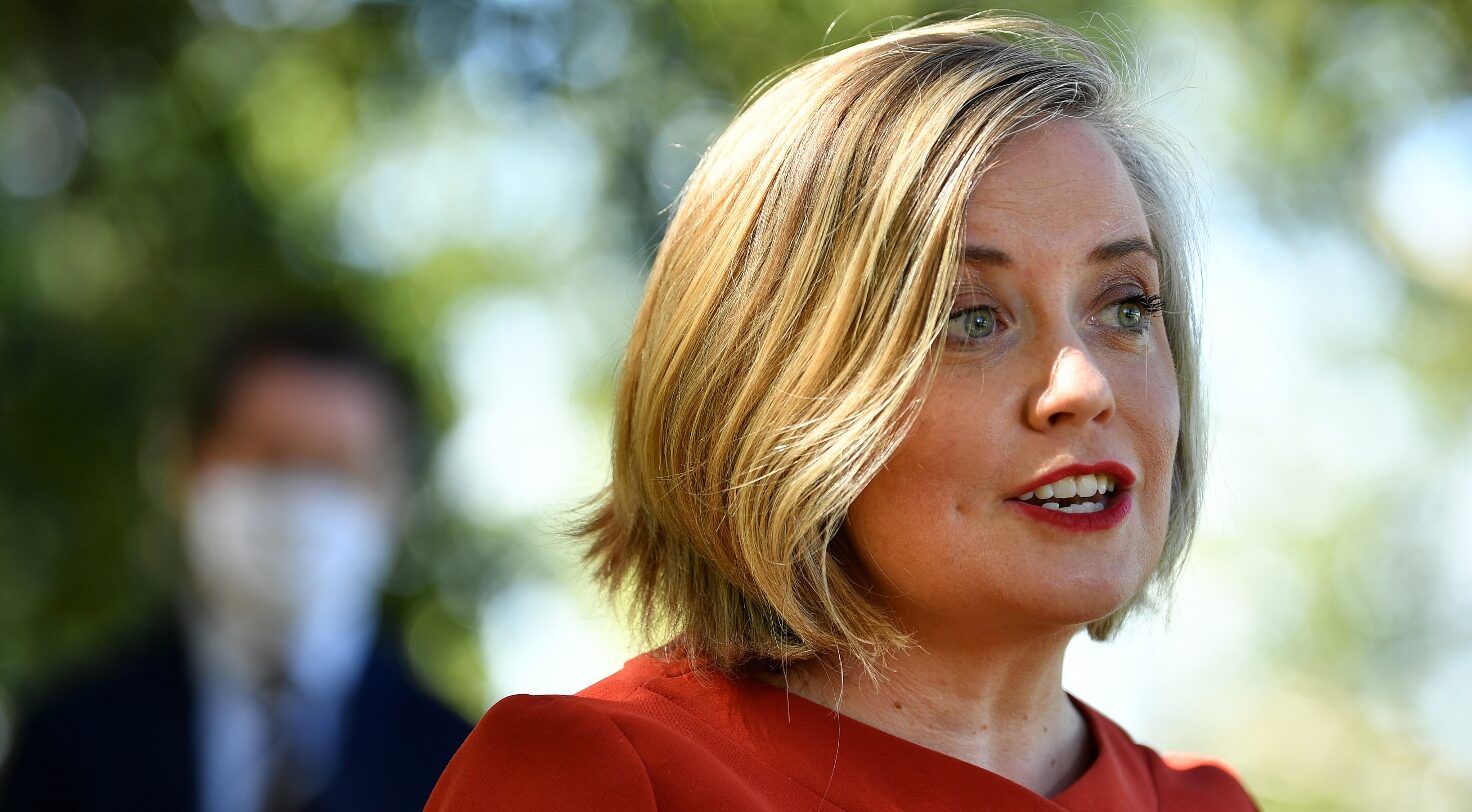
Vietnam recounted
Australia tried, but it could not forget the horrors of the Vietnam War, says author and historian Paul Ham.
As Vietnam veterans have aged, their bitter memories of a bloody and unpopular war have resurfaced, reminding us all of a dark period in the nation’s history.
“We wanted to forget the Vietnam War but we’re not being allowed to. We’re not being allowed to because as the soldiers have gotten older and as the demons of their past have come back to haunt them, you’re now seeing the Vietnam War being re-run in their minds in the most disturbing ways, psychologically and for many of them physically through the effects of Agent Orange and horrific Post Traumatic Stress Disorder,” Mr Ham said.
“They’ve lived with these memories all their lives, it’s just now that we are taking notice. And that’s been a scar on these soldiers for all their lives, but we’re now actually listening to them because we are seeing the same consequences, the same medical affects growing in veterans returning from Afghanistan and from Iraq.”
Mr Ham will discuss his book Vietnam: The Australian War with journalist Mike Carlton at Customs House this Thursday evening, November 19.
The book, which was the winner of the 2008 Australian History Prize, narrates the full story of Australia’s involvement in our second-longest military campaign, after our current deployment in Afghanistan.
The discussion will be recorded by the History Council of NSW and will be played back for the benefit of traumatised soldiers suffering from Post Traumatic Stress Disorder (PTSD).
“The book which I’ve written has had the interesting and, if I can say it modestly, slightly therapeutic effect in that the veterans who have read it have seen that their problems are shared by so many others,” Mr Ham said.
“That has been comforting because they can see that they’re not alone and that they are not isolated, they’re not sitting out in a rural town being ignored by the world and having to deal privately with a condition that they thought was just theirs.”
Returning home from a bloody campaign, soldiers were met with a hostile reception. This set the tone for a difficult recovery. “I’ve seen what happens to a young man who is called up on a roll of a dice, flung into what was an absolutely horrific campaign, witnessed mates being blown up, loss of limb, loss of life, mentally damaged come back to Australia to be criticised [by] a hostile or an indifferent nation, and then left to get on with it for the rest of his life. No debriefing, no counselling, there was none of that in those days. Any complaints [a soldier] had were deemed to be his problem.
“And I’ve spoken to hundreds of these young men, now in their sixties, and seen the damage, and many of them are wrecks. We now are seeing the results of what happens when you treat human beings in this way without even considering what the consequences may be. No government of the day, of the 1960s and early 1970s, considered or even made any effort to understand what may well happen to these young soldiers.”
To add to the tragedy, most soldiers were sent to Vietnam not by choice, but rather a random ballot system. “Many of the conscripts that came into the Vietnam War were plucked from their jobs, from their farms, and some of them from university. Many talented and intelligent young men were drafted and they brought a querulous scrutinising gaze to the job of being a soldier.”
“[That system] enraged the public, they felt that it was completely unjust…to conscript young men, 19-year-olds and 20-year-olds, on a roll of a dice and to send them off to possible loss of limb, loss of life, mental and psychological damage,” he said.
by Ehssan Veiszadeh
Paul Ham chats about Vietnam: The Australian War with Mike Carlton from 6pm on Thursday, November 19, at Customs House in Circular Quay.









